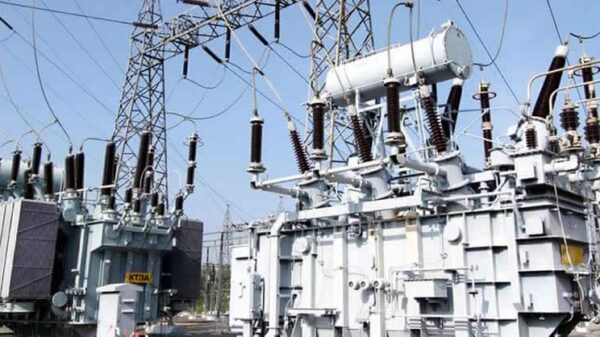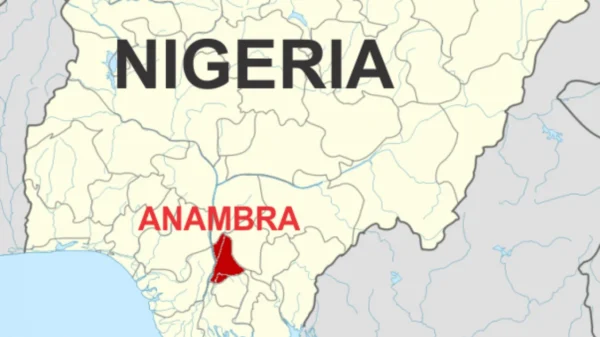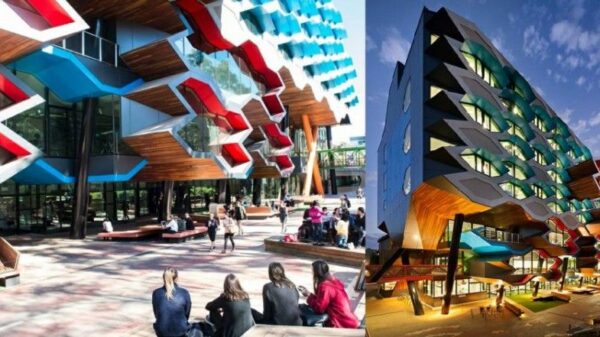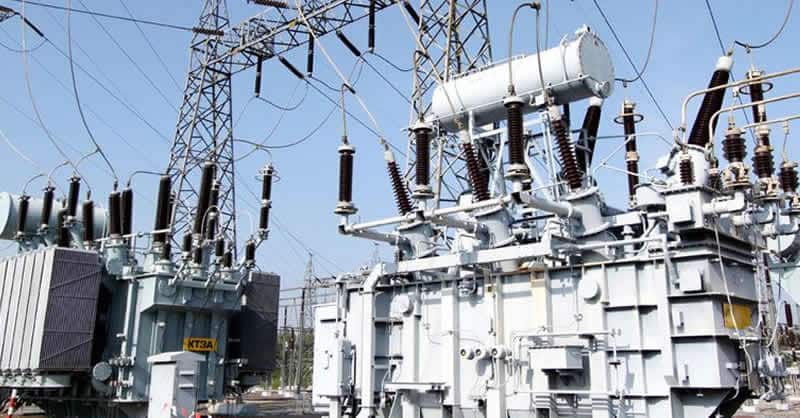The Nigerian National Grid faced yet another setback on Tuesday, marking its tenth recorded incident in 2024. This latest disruption was confirmed through the Nigeria National Grid‘s official social media account, which announced the outage in a brief but urgent post.
The message, posted at approximately 2:09 p.m., read: “BREAKING: National Grid suffers another setback. Restoration soon!”
These recurring incidents have raised significant concerns among citizens and stakeholders alike, highlighting the vulnerabilities and challenges in Nigeria’s energy infrastructure. With the frequency of these outages increasing, questions are growing about the stability of the national power grid and the plans in place to mitigate future disruptions.
Understanding the Impact of National Grid Failures
When the national grid experiences failures, the effects ripple across the country, affecting homes, businesses, healthcare facilities, and essential services. Power outages not only disrupt daily life but can also hinder economic productivity, affecting industries that rely heavily on a steady power supply.
Why Is the National Grid Failing So Often?
Several factors contribute to the frequent failures of the national grid in Nigeria. Key issues include aging infrastructure, insufficient maintenance, and challenges with energy distribution and transmission. These problems are often compounded by limited funding and high demand, which places additional strain on an already fragile system.
Efforts Toward Stability and Reliability
In response to these recurring outages, energy experts and government agencies have emphasized the need for a more resilient and efficient national grid. Efforts are being made to enhance grid reliability, with ongoing investments in modernization and repair of outdated systems. However, significant improvements are still needed to create a grid that can withstand demand fluctuations without frequent failures.
What Comes Next for Nigeria’s Energy Future?
The latest outage underlines the urgency for sustainable solutions. Plans for renewable energy integration, grid modernization, and expanded maintenance budgets are all being considered as part of the long-term strategy to reduce dependence on the national grid and improve overall energy security.



























